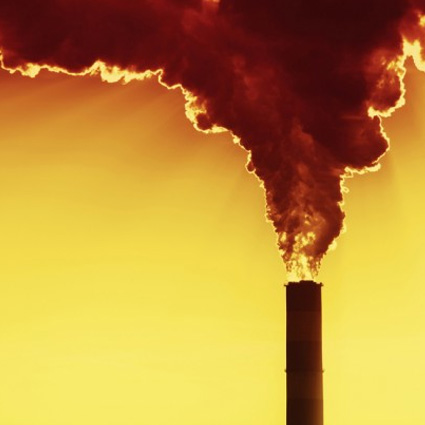Climate Commission Report
Australia’s actions are a vital contribution to the global effort to combat climate change.
Today, the Climate Commission’s third major report was released and follows a series of reports on the science and impacts of climate change and the opportunities in Australia associated with taking action to reduce greenhouse gas emissions.
Professor Tim Flannery, Chief Commissioner and WithOneSeed supporter.
The Commission’s first report, The Critical Decade, found that if we are to avoid the most damaging effects of climate change, then the world must take strong, rapid action this decade to reduce greenhouse gas emissions. This leads to the question, what action is being taken to tackle this global challenge, and where does Australia fit?
The information in this report is compiled from a number of authoritative sources to answer that question. The main points of the report are:
1. The world is moving to tackle climate change. More needs to be done but momentum is growing.
There is global agreement that to lessen the risks to the economy, environment and society, we must substantially limit the amount of greenhouse gases produced. This will require a transition away from relying on fossil fuels, like coal and oil, to cleaner forms of energy.
Ninety countries representing 90 per cent of the global economy have committed to limit their greenhouse gas emissions and have programs in place to achieve this. These countries include our trading partners, our competitors and our neighbours, including the world’s largest economies, the United States and China.
Every major economy is tackling climate change. Countries are using a mix of regulation, carbon pricing, renewable energy targets and investment.
Climate change is a global problem but the world isn’t waiting for a global treaty. Instead, success will depend on the sum total of national efforts: that is, what countries are actually doing to limit their emissions.
2. Australia is a major player and is important in shaping the global response.
Australia is the 15th largest emitter, larger than around 180 other countries. Australia is also the largest emitter per person of any country in the developed world.
Australia belongs to a group of 20 carbon heavyweights – 20 countries that contribute 75 per cent of the world’s greenhouse gas emissions. These countries are the most influential and will shape the global response to climate change.
Australia’s influence abroad will depend on how effectively we implement solutions at home.
Australia’s efforts to reduce its emissions strengthen the global resolve to tackle climate change, supporting those countries that are already acting and encouraging those that lag behind. If countries meet their existing promises, this will build momentum for the necessary deeper cuts in the future.
Failure to meet our international commitment would damage our international reputation and the global effort to tackle climate change.
3. We already have the technologies we need to tackle climate change.
Using energy more efficiently could make a huge contribution to avoiding the worst impacts of climate change. The International Energy Agency found energy efficiency could technically deliver 65 per cent of global greenhouse gas emissions reductions needed to 2035. This is illustrative of the important contribution energy efficiency can make in concert with other measures.
Wind turbines off the coast of Denmark. Source: Danish Wind Industry Assocation Global investment in renewable power and fuels has increased sixfold since 2004 and was $257 billion in 2011. Renewables are already a significant source of energy in some countries. Meanwhile the costs of many technologies are falling rapidly.
Countries like China and the Republic of Korea are making strides to position themselves as world leaders in the production of renewable energy technology. Meanwhile, the United States has made major contributions to research, development and implementation of renewable energy.
4. It is in Australia’s national interest to tackle climate change.
There is bipartisan recognition that protecting Australia’s prosperity requires Australia to contribute to the global effort to reduce greenhouse gases. The sooner Australia reduces emissions the cheaper those reductions will become.
The world is changing and Australia needs to be prepared if our economy, society and environment are to prosper in future. This involves making investments now in order to reap increasing benefits in future.
The global pressure to reduce emissions is only likely to increase as the climate shifts and global action accelerates.
Australia is a world leader in some areas of clean technology research and development, with immense resources in sun, wind and other renewable energy. As the world moves, opportunities open for Australian business.
5. This is the critical decade.
The global momentum achieved this decade will set the long-term foundations for tackling climate change effectively.
This decade must set us up to turn our path around from high emissions to nearly zero emissions by 2050. It is like putting on the brakes in a car; the earlier you apply them the more smoothly you will stop, the later you leave it the more disruptive the stop and the greater the risk that you will stop too late.
While strong progress is being made, global temperatures are rising rapidly and sea-level rise is tracking to near the highest levels scientists expect. There is evidence that recent extreme weather is linked to climate change. This underlines the urgency of strong Australian and global action.
Australia’s actions are a vital contribution to the global effort to combat climate change.
Find out more: Download the full report.




